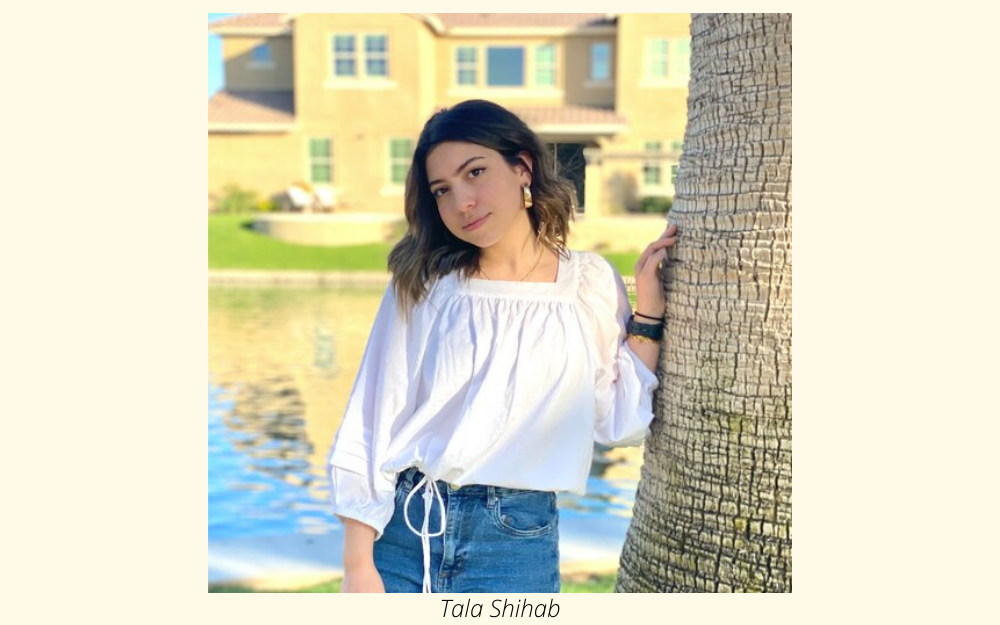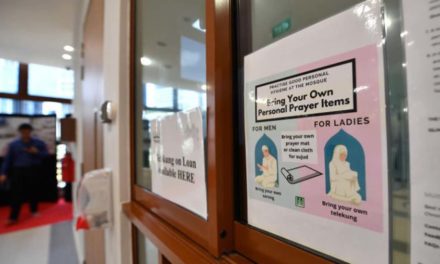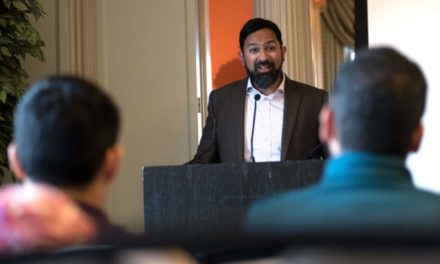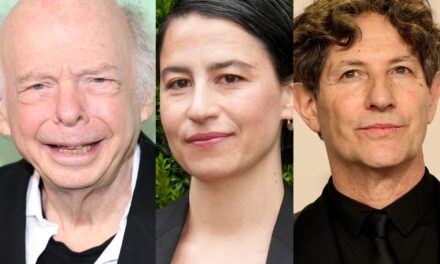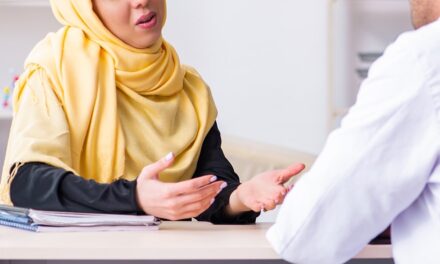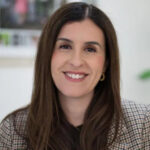Muslim women believe that everything is created with beauty.
In honor of Women’s History Month, I would like to mention that I am a Muslim woman.
I’m genuinely curious. What is the first thought that popped into your head? Maybe that my furthest point of education is 5th grade? Or possibly that my days are spent learning how to cook and clean for abusive men?
Okay, maybe I’m dramatic, but I figured it is worth mentioning because the media has shaped this distorted perception of what Muslim women represent. Just to reassure you, I’m still in school, and I have a persistent reputation for burning the food I cook and shrinking the clothes I wash. So what does it mean to be a Muslim woman? Honestly, it depends on who you ask, but to me, it simply means being free. Free from the societal pressures that oppress and constrict women from truly understanding the meaning of self-worth.
Growing up in the United States, plastic dolls, cartoon princesses, celebrities, models (you name it) taught me that a women’s primary purpose in life was to be beautiful. But a very specific and often impossible type of beauty. A “perfect” beauty that taught women that they will never be enough no matter how hard they try.
You should have a waist so small you can’t see it and a chest so large it becomes the first thing you see. Never leave the house without makeup, but not too much because others could get the wrong idea. Even in the most professional settings, women must conform to men’s standards to be taken seriously. Wear a blouse that is tight, but not too tight. Maybe unbutton the top, but not too much. Possibly add an uncomfortable pencil skirt or heels that you can barely walk in. You need to appear confident, but not among other men because the last thing you want to do is overpower male dominance.
But as a Muslim woman, I’m taught that everyone is created with beauty. Why? Because The Shaper of Beauty, Al-Musawwir, (one of God’s attributes), has granted each creation with uniqueness. In other words, I don’t need to surrender to absurd standards but instead, focus on my unlimited possibilities. I am much more than my body and beauty.
As a Muslim woman, I choose to cover and dress modestly. Even though I do not wear the Hijab yet (the Islamically required scarf covering the head and neck), to me, it symbolizes a woman’s capability. By dressing more, I’m not trying to hide anything. I am simply choosing to challenge outdated beauty standards and inviting those around me to appreciate what I say, not what I look like. I refuse to be objectified and sexualized; instead, I choose to take control of my own body.
However, the beautiful Muslim women before me paved the way and taught me my value and never-ending capabilities. For example, I can be a wealthy businesswoman like the Prophet Muhammad’s wife (may peace and blessings be upon him), Khadija bint Khuwaylid. I can be a teacher like Fatima Sheikh. I can be a health care worker like Rufaida Al-Aslamia. I can establish universities like Fatima al-Fihri. This is barely scratching the surface.
Being a Muslim woman has empowered me to seek a fulfilling life where I am unapologetically myself. It has taught me to take the lead and control without letting others dictate my every move.
Basically, Muslim women are a force to be reckoned with.
So, the next time you see a Muslim woman, I urge you to not assume the stereotypes but rather encourage her to continue defying societal expectations.
Tala Shihab is a 19-year-old Lebanese-American born and raised in Salt Lake City. She is an ambassador at a non-profit organization Emerald Project which “seeks to combat the misrepresentation of Islam.”
